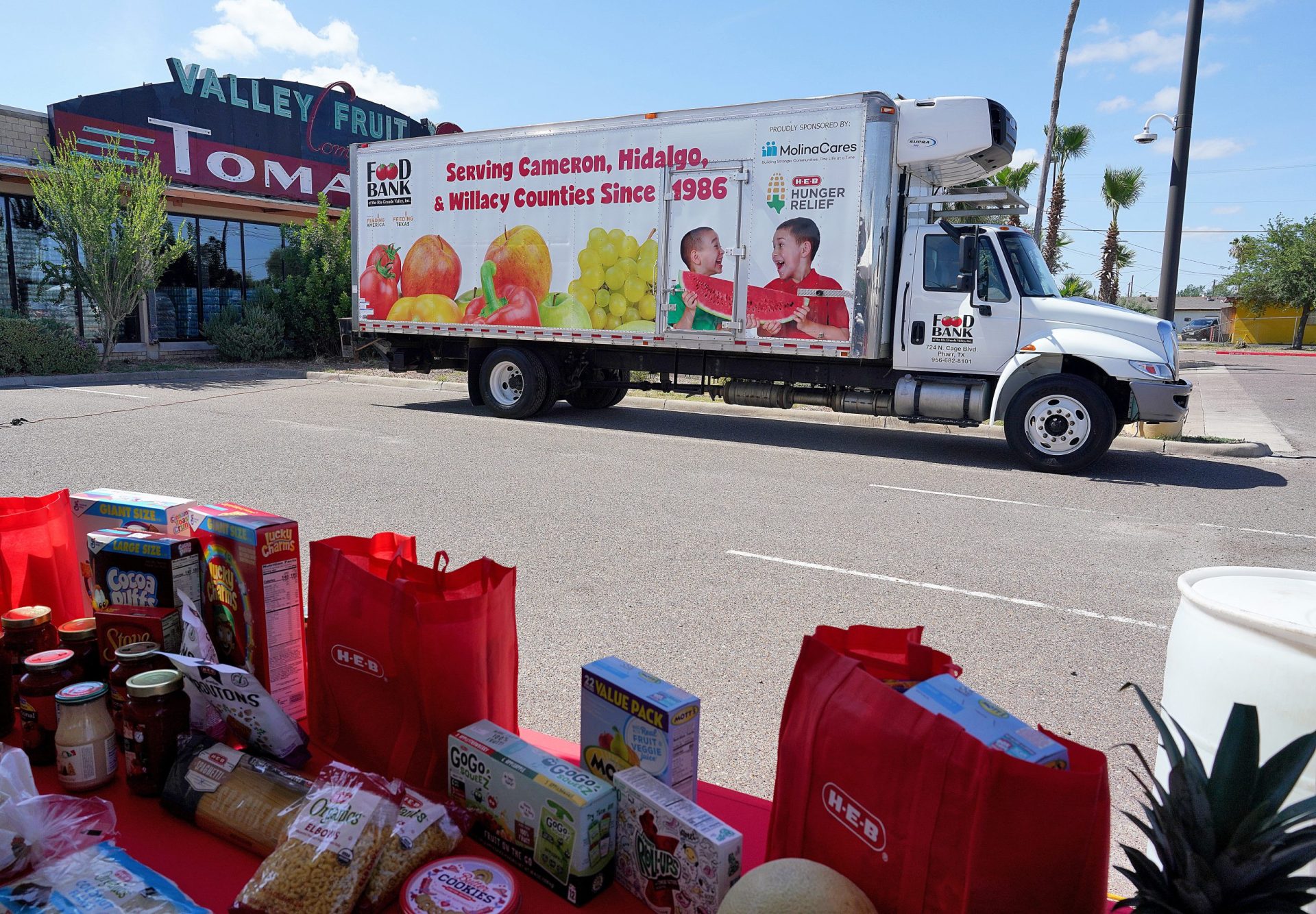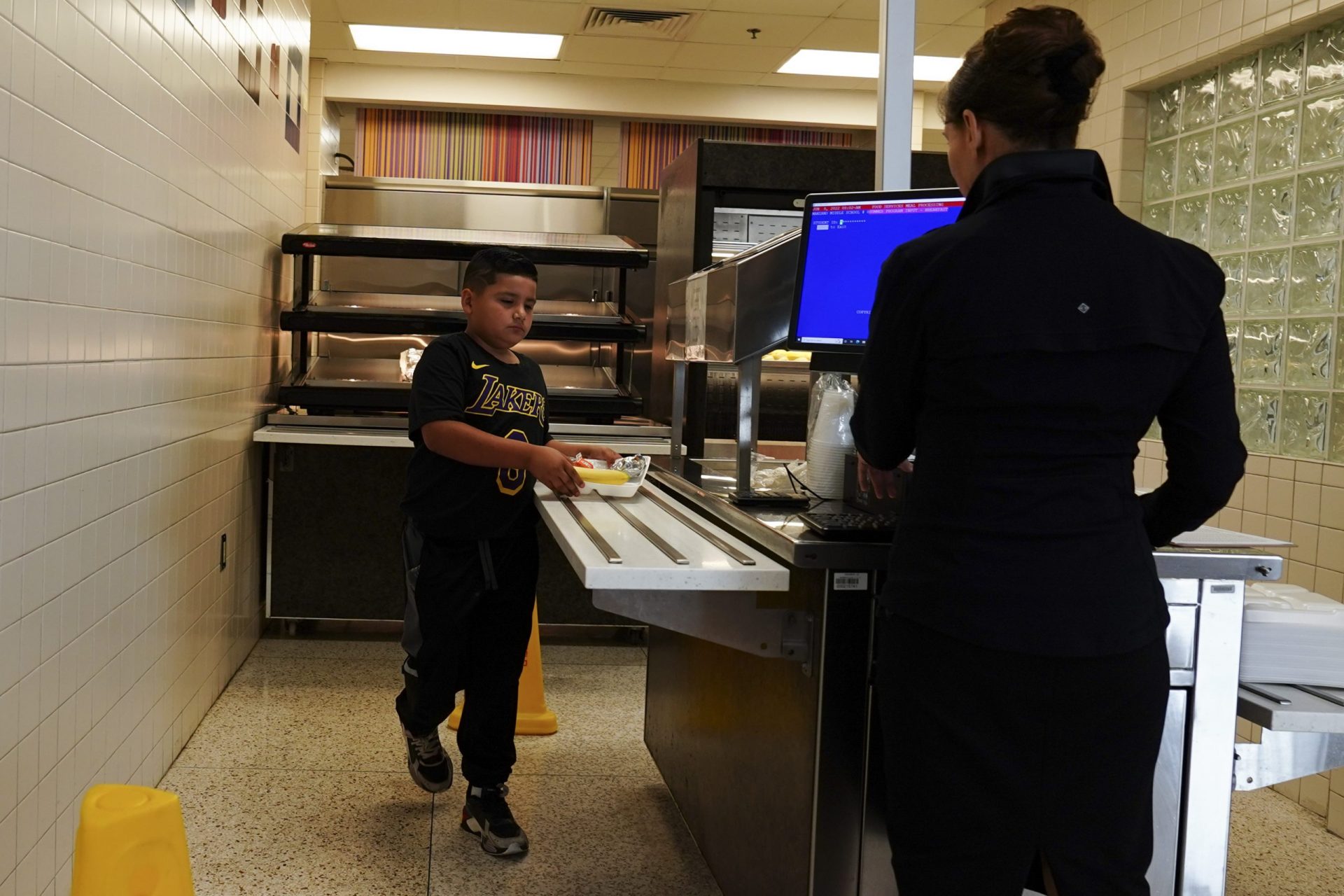|
Only have a minute? Listen instead
Getting your Trinity Audio player ready...
|

Texas is one of 15 states across the country that have declined to accept federal funding that could have helped replace the meals children lose during summer vacation.
The state rejected $350 million in food assistance that Congress already had allocated.
The assistance comes from an Electronic Benefit Transfer program the U.S. Department of Agriculture began in 2022 to help ensure that children still are fed when they don’t receive school breakfasts and lunches. The program offers $40 per month per student in families that qualify, to help cover grocery costs during the summer months.
Studies have long shown that school meals are the only food many children eat during the day, especially in low-income areas such as the Rio Grande Valley. Average poverty rates and property values are so low across the region that every Valley public school district except one — Point Isabel, which includes South Padre Island — qualify for universal free lunch and other food assistance programs.
The federal EBT was intended to offset the difficulties many low-income families face during the summer, when the cost of feeding their children can put a significant strain on family budgets.
Officials with the Texas Health and Human Services Commission, which would have administered the program, said the state opted out not as a matter of principal, but for administrative reasons. In an email, commission spokeswoman Tiffany Young told our reporter that it didn’t have personnel in place to implement the program — which doesn’t begin until June.
Still, it’s worth asking if that staffing might have existed if the state hadn’t spent so much taxpayers’ money filing dozens of frivolous lawsuits against the federal government and pursuing border security policies that are proven to be ineffective, and reduce state revenue by hurting trade and other economic activity.
EBT was set up as COVID benefits began to expire even as many families still were struggling to recover from the economic effects of the COVID-19 pandemic. Those effects include lost wages, medical expenses and even the loss of families’ wage earners to the disease that has killed some 7,000 Valley residents.

Local school districts and other entities including the Food Bank of the Rio Grande Valley, local shelters and food pantries say they will continue to offer summer meal programs as they have in the past.
To be sure, many of those programs receive federal support through other sources. Any additional assistance, however, would help augment those programs and help more people who need it.
Certainly, we hope for the day when the Valley’s economic fortunes improve enough that fewer people need help just to feed their children. That day isn’t going to come anytime soon, however, and any help that can ease the struggle for needy families should be welcome, and not lost to bureaucratic inadequacies.
Well-paid officials at our state capital don’t have to worry about their children going hungry because summer vacation means they lose their primary source of nutrition. If they did, we’re sure they would have worked harder to ensure that those children receive the sustenance they need.




